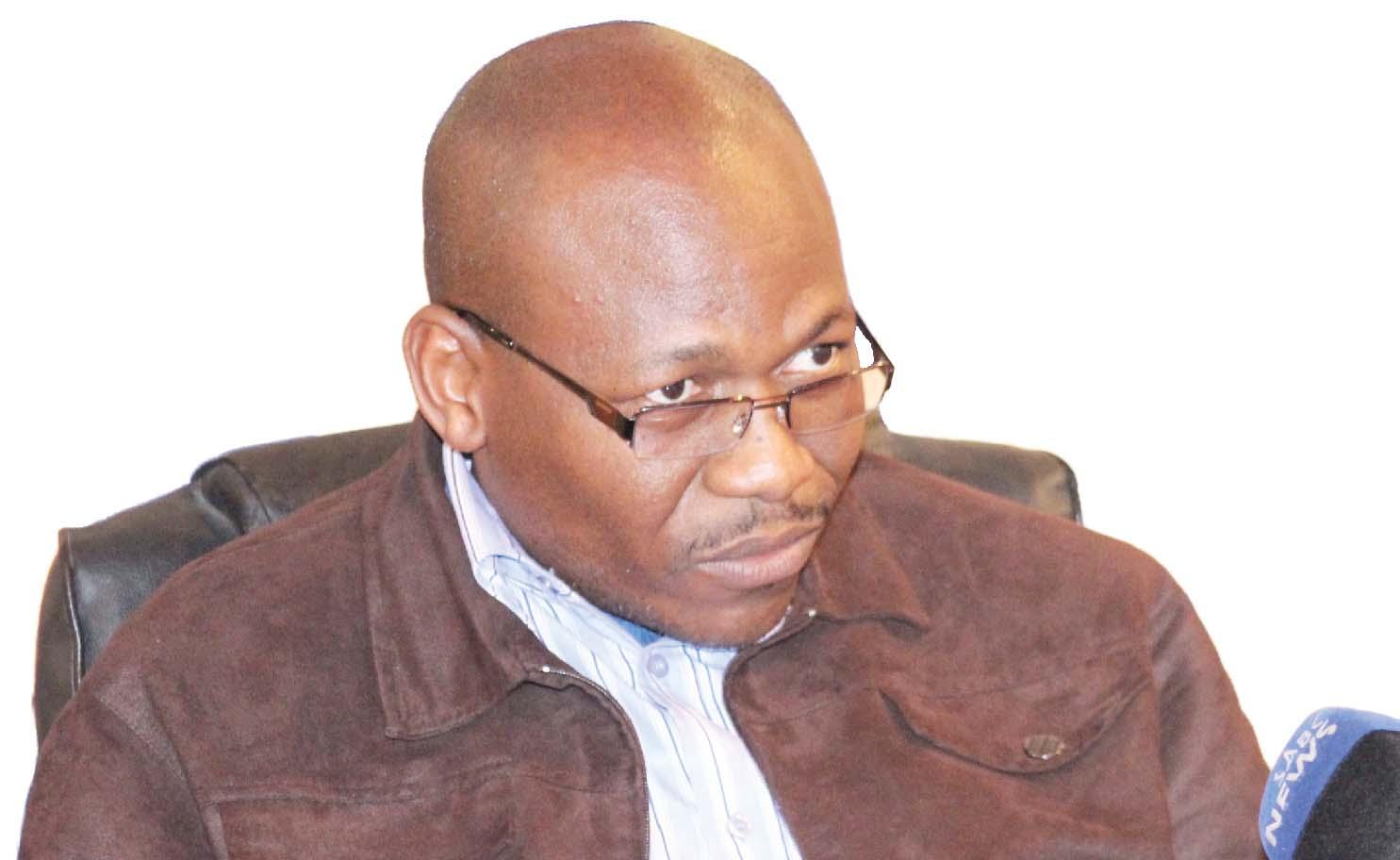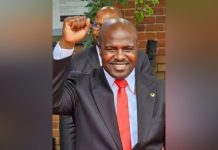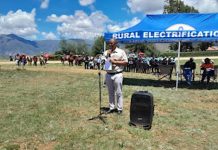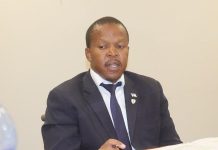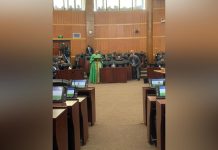Africa-Press – Lesotho. The government might suffer unforeseen financial consequences if Tšepong Consortium defaults on its senior loan when the two parties eventually part ways in the near future, if things go according to government’s plan.
Tšepong consortium designed, built and operates the 425-bed Queen ‘Mamohato Memorial Hospital (QMMH) and a network of refurbished filter clinics under 18-year public-private partnership (PPP) agreement at the end of which the hospital passes into government ownership.
QMMH serves as the country’s main referral healthcare facility. Government served divorce papers on Tšepong on Wednesday last week. In a notice of termination, ministry of health Principal Secretary (PS), Khothatso Tšooana, accused Tšepong of breaching its contractual obligations in terms of the public-private partnership agreement.
Netcare Hospital Group on Wednesday this week confirmed the receipt by Tšepong of a default notice from the government and indicated it plans to challenge the notice “as we believe it is indeed the Government of Lesotho that has defaulted”.
Public Eye has learnt that although desired by some sections of the society, severing ties with Tsepong might have grave and unintended financial repercussions for the government.
Tšepong borrowed over M600 million from Development Bank of South Africa to partly finance construction of QMMH. The loan was underwritten by the Lesotho government. If Tšepong were to default on the loan, government would incur great costs in the form of penalty payments.
This would negatively impact on the government’s international credit rating and ability to raise affordable capital in the future, Eurodad warned in its report titled: History Repeated: How Public Private Partnership Are Failing released in 2018.
Eurodad is the European Network on Debt and Development, a network of 47 civil society organisations from 20 European countries. According to the Tšepong’s non-statutory financial statements for the year ended September 30, 2018, the consortium owed over M450 million to Development Bank of Southern Africa.
Tšepong’s shareholders comprise Netcare, which holds a 40 percent interest while the remaining 60 percent shareholding is held by Health (Pty) Ltd (Afrinnai) (20 percent – South African based), Excel Health Services (Pty) Ltd (Excel) (20 percent – Lesotho based).
Lesotho based D10 Investments (Pty) Ltd (D10) and Women Investment Company (Pty) Ltd (WIC) each holds 10 percent. Government pays unitary fee annually to Tšepong which covers the care and treatment for a maximum of 20,000 inpatients and 310,000 outpatients.
Any patients serviced in excess of these numbers leads to higher payments. The volume of patients has significantly exceeded the parameters in every year of the contract’s operation.
In a statement on Wednesday, Netcare said Tšepong was a thinly capitalised entity without access to working capital, and therefore unable to meet financial obligations when monthly payments by government are delayed.
“During these prolonged periods of non-payment – sometimes up to five consecutive months – Netcare provided the interest-free bridge funding to sustain the financial position of Tšepong,” said Dr Chris Smith, General Manager: Finance at Netcare.
This means that if Tšepong loses its main client – the government of Lesotho – it will lose its revenue and might not be able to service its loan underwritten by government.
If this happens, the country will incur costs in the form of penalty payments. Things had not been good between Tšepong and government and the former’s decision to fire over 200 nurses just brought it to a head.
The hospital accused the nurses of participating in an illegal strike which started on February 1, 2021. The nurses’ grievance stemmed from material salary adjustments awarded by government in 2013 to civil servants and nurses.
According to Smith, in 2014 an agreement was concluded between Tšepong, government and the Lesotho Workers Association (LEWA) whereby government committed to review salary structures at Tšepong and to provide additional funding to restore parity between comparative nursing job grades at the respective institutions.
“The mechanism to restore parity is regulated through the PPP agreement.
The GoL has yet to honour its 2014 undertaking, and the matter was subsequently referred for resolution through arbitration when the parties could not agree on restitution,” he said.
He further indicated that Netcare consulted with Minister of Health Semano Sekatle during the strike period and submitted proposals to the ministry for consideration.
The discussions between Netcare and the ministry, Smith said, were productive and on February 15, 2021, Tšooana wrote to Tšepong requesting a board meeting on February 17, to resolve the disputes.
“Regrettably on the same day, Netcare was informed that the Ministry is no longer prepared to negotiate on any of the disputes and that these should be resolved through arbitration,” he said. Efforts to get a comment from Tšooana were unsuccessful yesterday.
Smith explained that on February 22, a special Tšepong board meeting, attended by Netcare, Afrinnai, D10, WIC and Excel unanimously resolved that Tšepong had no alternative options but to maintain the current terms of employment and continue with the arbitration process.
He said given that the arbitration process had commenced, and the critical need to continue providing essential healthcare services to Basotho, the striking staff were encouraged to return to work.
“The Labour Court also issued an interdict on 24 February 2021 instructing staff to return to work by 25 February 2021 or risk losing their jobs,” he said.
“Sadly, the majority of staff continued with the illegal strike and therefore remained in contempt of court.
Although the staff’s frustration is understandable, Tšepong has unfortunately been left with no option but to invoke its rights to restore order through enforcement of the disciplinary code,” he added.
He further indicated that Tšepong remained sympathetic to the rights of workers as well as the staff’s grievance. Regrettably, he said, the funding required to restore parity falls outside of what is affordable to Tšepong.
“Despite Tšepong continuously imploring staff to have faith in the arbitration process and to return to work, 265 staff members, and not 345 as reported in the media, elected not to return to work and were subsequently dismissed,” Smith said.
For More News And Analysis About Lesotho Follow Africa-Press

